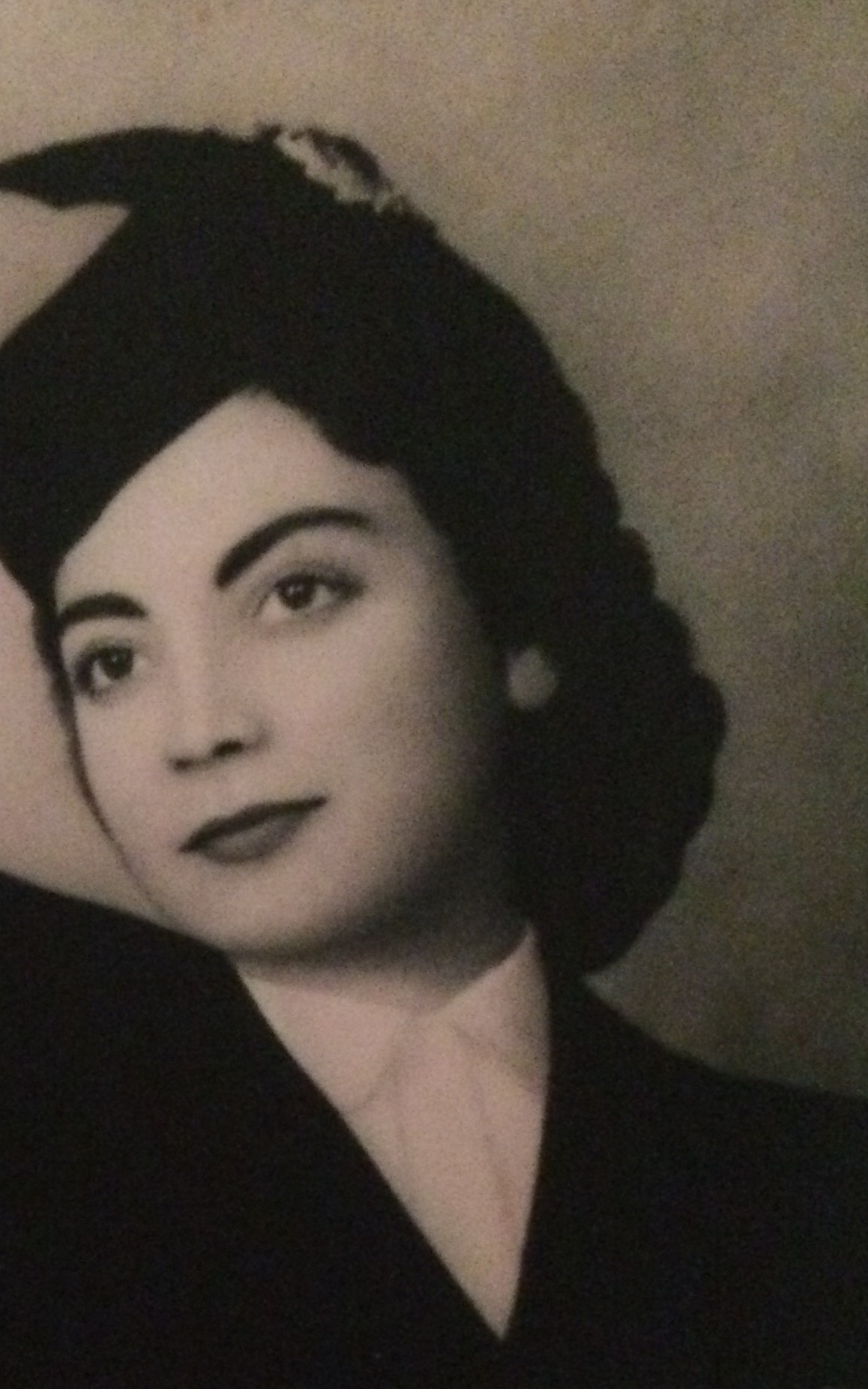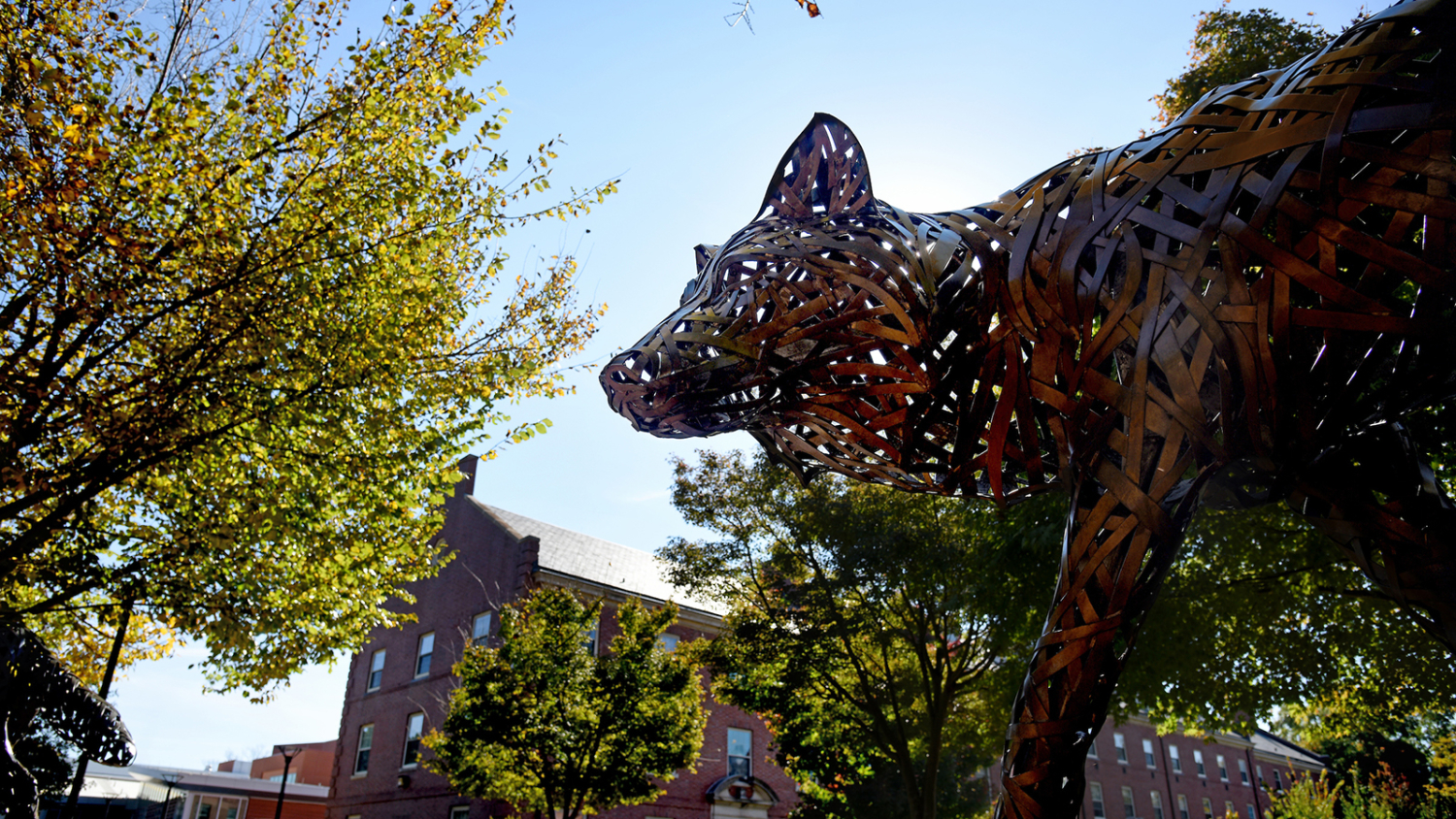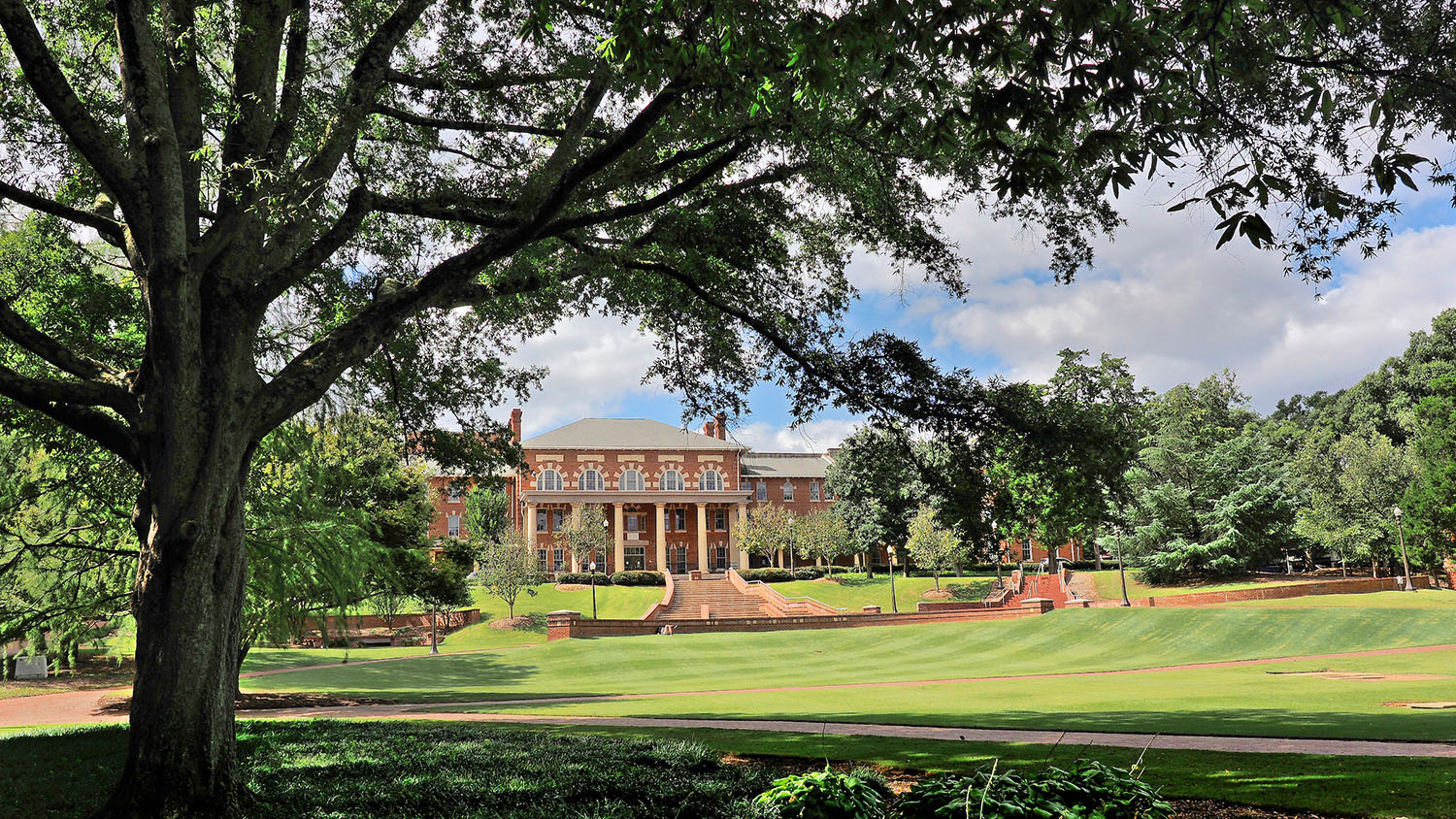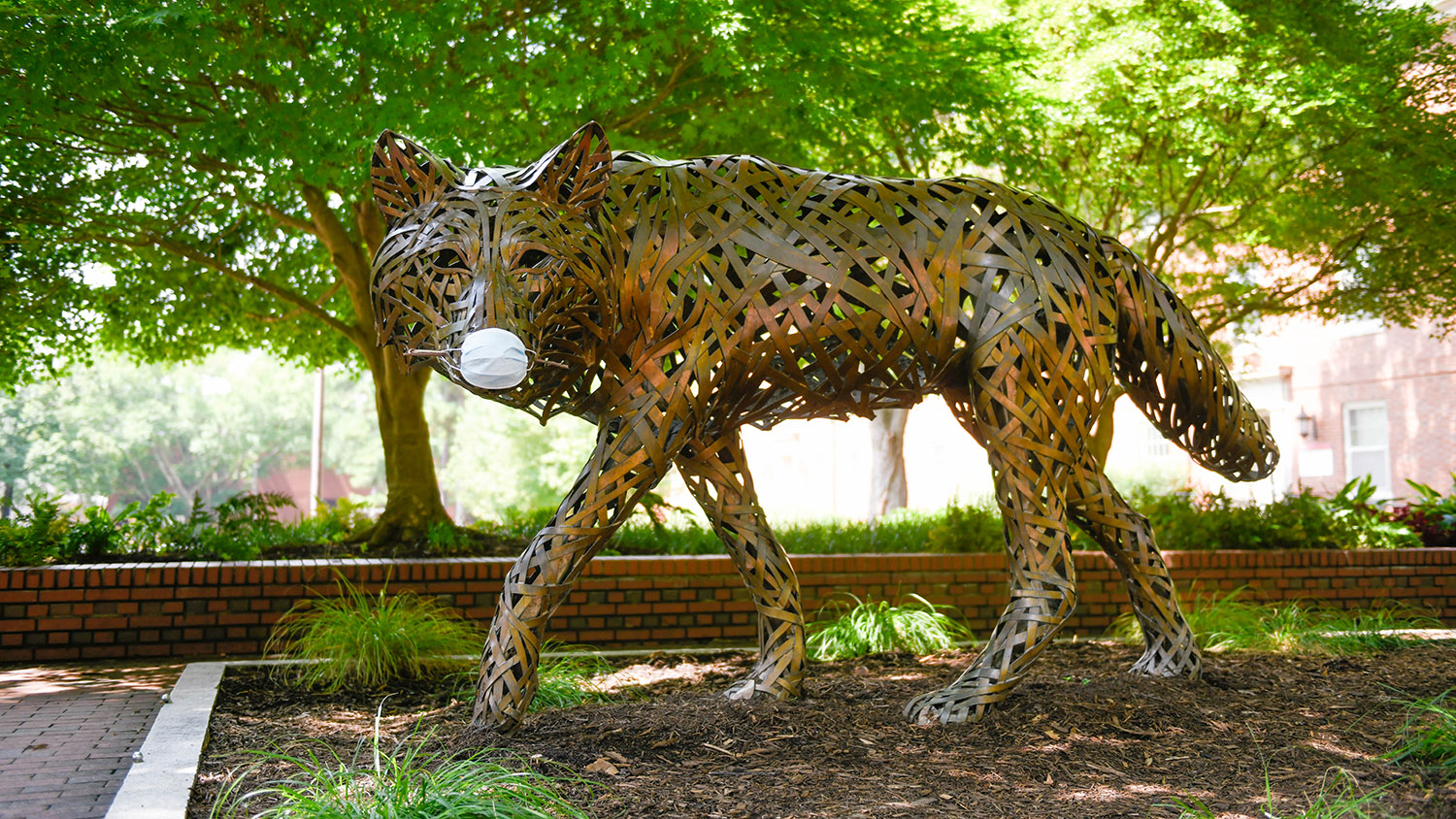Student Talks About Her Big, Fat Cypriot Wedding

In the early 1970s, Famagusta was a top tourist destination, with golden sands, high-rise hotels and shopping precincts, frequented by the likes of the leading movie stars of the day ─ Brigitte Bardot, Richard Burton and Elizabeth Taylor. For generations my family had been settled in Famagusta, located in the northern tip of the Republic of Cyprus. They lived idyllic island lives on the wealthy island nation, until 1974. Turkey invaded Cyprus on July 20, 1974. Thousands of heavily armed troops invaded the nation killing several thousand Cypriots and displacing over 180,000 citizens.

“I was at home with my mother and my aunt was sewing ─ she would often make me pretty dresses,” said my grandmother, Mary James. “We had no basement of our own, so we ran to the end of the garden where there was a house with a cellar. We hadn’t quite made it when more planes came overhead. They were very low ─ shooting and dropping bombs.”
Turkey would go on to capture over 40 percent of the island. My family, along with thousands of other Cypriots, fled to Greece during the invasion. Forced out in the middle of the night, they left with nothing but the clothes on their backs. Many members of my family had never returned to Cyprus, until last week.
My cousin Lily Demetrious announced her engagement last spring. She was to be married in Nicosia, the capital of Cyprus. My great-grandmother Christine Demetrios (also known as Auntie Voula) expressed her desire for the entire family to reunite for the occasion. The growth of the internet and advanced communication technology made the dream of a Big Fat Cypriot Wedding much more plausible than ever.
After the initial invasion, my family became scattered across the Mediterranean. The majority settled in the Greek isles, but some chose to live in the unoccupied section of Cyprus. After the invasion, my grandmother longed to travel the world so she jumped at the opportunity when British Airways opened a stewardess position for a Cypriot- speaking girl.
“Being hired validated your beauty and poise,” said my grandmother. “As a reward, we got to travel the world.”
The stewardess position was as coveted and competitive as becoming a model or a pageant winner. My grandmother was chosen out of 600 women for the job. Her job as a stewardess would lead her to meeting my grandfather, Eugene James, who worked in Special Intelligence for the United States National Security Agency. Less than two months after meeting my grandmother in Switzerland he proposed, and they moved to Mississippi.
Over fall break, I traveled to Cyprus with my family for a reunion 40 years in the making. More than 100 people gathered for the wedding in a traditional Greek Orthodox Church. Traditionally, Cypriot weddings involved a week’s worth of activities that led to the big day. The reunion did not disappoint. We spent days eating, dancing and laughing with family members from across the globe.
We did try to visit the ruins of my family’s homes in Famagusta. Today, the streets along Famagusta’s beach resorts, in the Varosha quarter, lie eerily silent, and have been for decades. The lush resort towns still stand abandoned. After 40 years everything sits untouched ─ sewing was left half-finished on the kitchen table, food abandoned to rot in cupboards, jewelry to languish in drawers and clothes in wardrobes, gardens to overgrow. In 2003, the Turks opened up the barricades, permitting former residents (like my family) to cross in order to see their homes. Everything there has been frozen in time since 1974, and luckily my family has moved on.
I could not tell you what the best part of the week was. It is incredible to experience a culture that has been around for so long. It was truly the trip of a lifetime.
- Categories:


